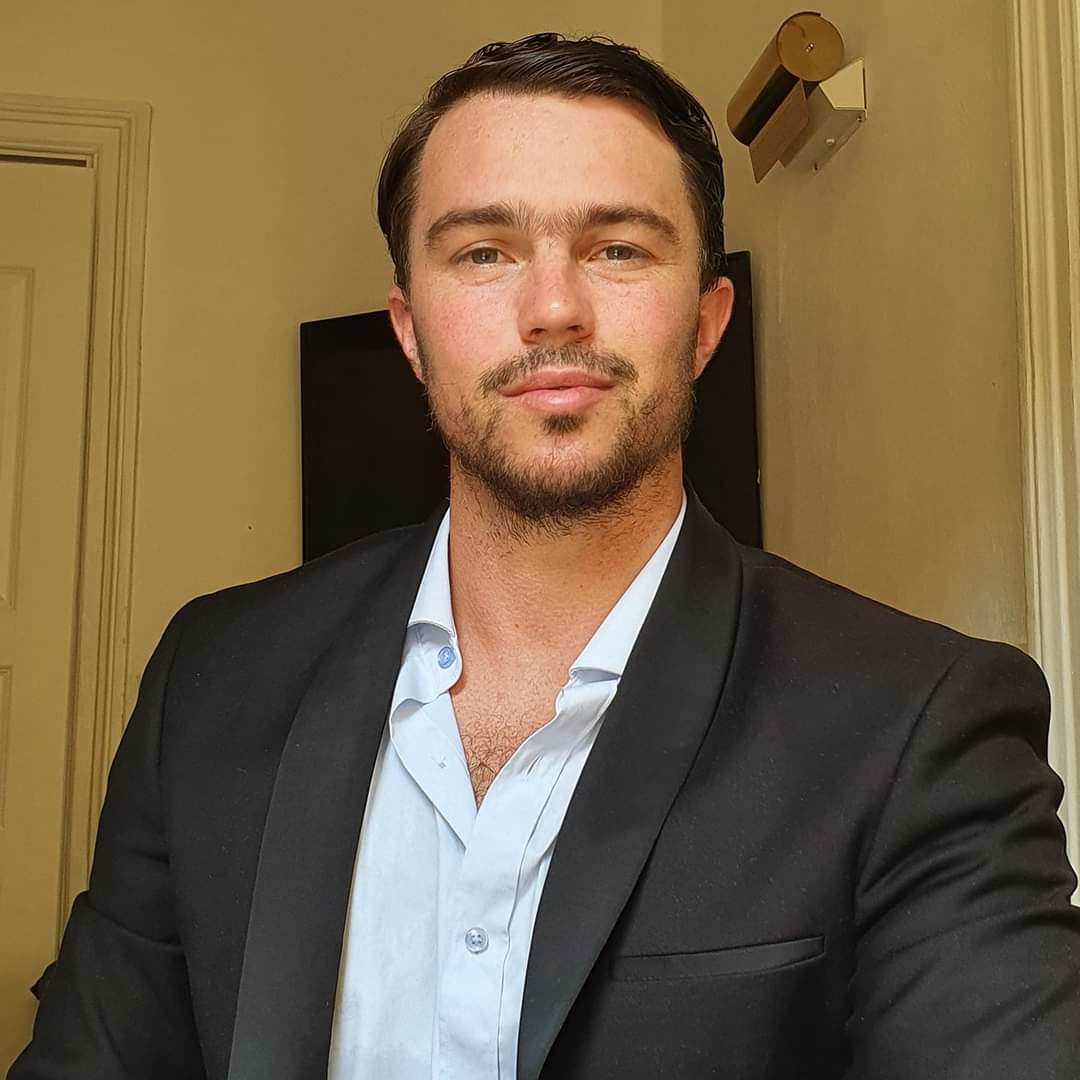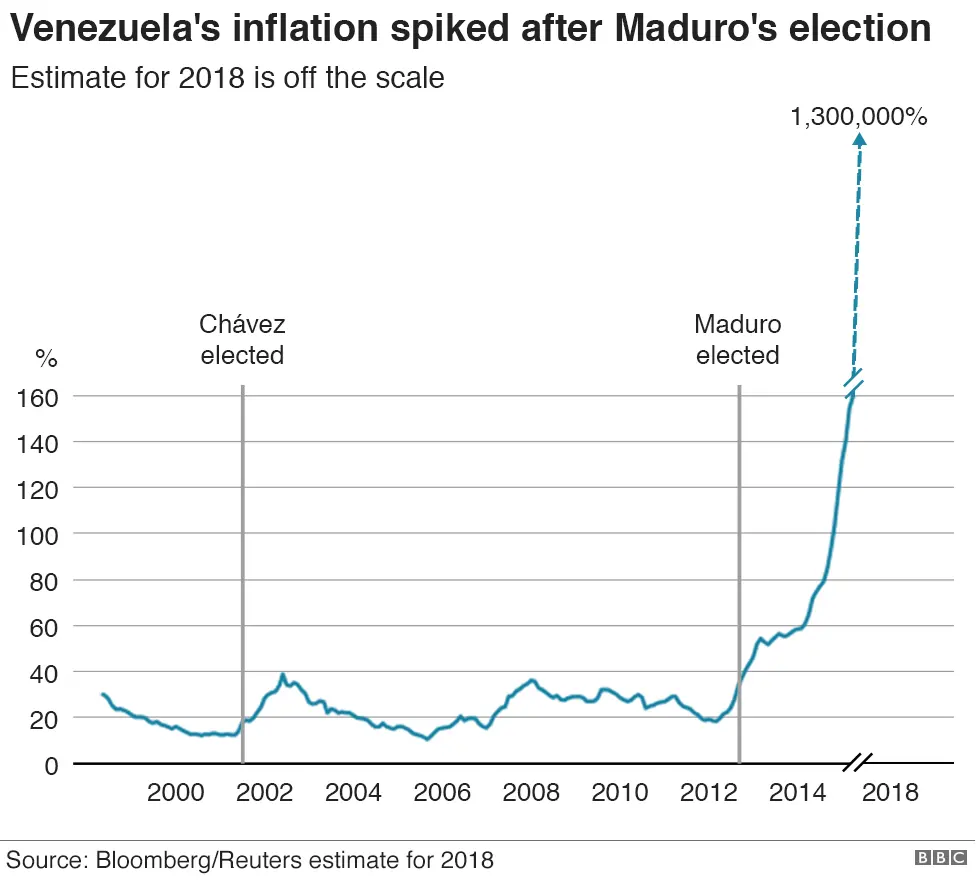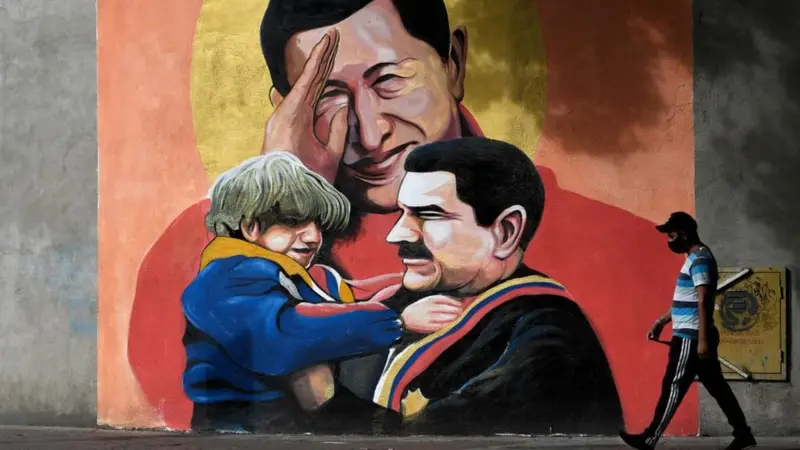What was the history of Hugo Chávez as President of Venezuela?
- Sebastian Palacios.

- Jul 29, 2024
- 7 min read
Born in 1954 from a poor family, Hugo Chávez was a colonel in the Venezuelan armed forces in the 80s when the country switched from import substitution industrialization, a model in which the state has a central role in economic development, to a free market economic system. Inspired by Marxist ideas, he added a strong nationalistic elements to his ideology by claiming that Venezuela should resist western influences and the notion of “liberal democracy”. According to this way of thinking, pro-market forces and separation of powers undermine the ‘sovereignty of the people' and represent a barrier to the project of creating a great Latin-American nation inspired on the writtings of independence hero Simon Bolivar in the 1810s.
Like many Latin American countries in the 80s, these liberal economic policies that were implemented in Venezuela temporarily increased poverty, inflation and debt. This, at the same time as world oil prices plummeted, affecting the revenues of producing countries. When the newly elected Venezuelan president Carlos Andrés Pérez took power in 1989, he decided to reduce even more the subsidies for the poor and violent protests erupted. More than 400 people died at the hands of governmental security forces and anger did not vanish, quite the contrary.
This prompted the left-wing colonel Hugo Chavez to launch a coup d’état in 1992 with his brigade that lasted 48 hours and caused around 40 deaths until he was defeated and arrested by the government of Andrés Pérez. Chavez was sent to prison but in 1994 the new elected President Rafael Caldera, who had strong Christian values, released him stating that "although the methods used were not legal, the causes of Chavez's rebellion were just." Once free, the first thing Chavez did was to visit Fidel Castro in Cuba and prepare for becoming president.
Despite all his background, Chavez, who is a “criollo” (mixed dark-skinned race, standing out from the white political/economical elites), was seen by large parts of the electorate as ‘one of them’, and won the national elections of 1998 by 20% margin over a moderate opponent. Chavez promised ending the oligarch's corruption and to use the oil reserves, which were by then the biggest in the world, to finance welfare state programs.
Besides the poor, the middle class voted overwhelmingly for Chavez too. The traditional parties, Democratic Action and Christian Democracy, already in a deep internal crisis, could not present credible candidates and had to look for candidates outside the traditional political elite. Chavez proposed to reform the Constitution, called for a new National Assembly to introduce these changes, the Government organized a referendum, and the voters approved the new Constitution.
This transformed the Congress from a two-chamber institution into a National Assembly, increased the power of the Executive, but introduced the figure of a recall referendum in the Constitution, something completely new for Latin American politics. Chavez started a radio program called "Aló Presidente", where he personally answered questions from listeners. Eventually, he took this program to national television, and used this program to promote his political agenda and attack his political enemies, namely the Venezuelan oligarchy and the United States.
Due to Chávez's radicalization, he began to lose the support of the educated middle class, while the opposition accused him of becoming a populist. In 2002, the business elite and parts of the military tried to overthrow him in a coup d’état that lasted 48 hours. Chavez was arrested, but his supporters took to the streets by the thousands and surrounded the National Palace of Miraflores demanding the President's release. This pressure and the lack of regional support for the coup plotters and the military's reluctance to establish a dictatorship led to the failure of the coup and Chavez's return to power.
Chávez used this situation and the growing unpopularity of US wars in Iraq and Afghanistan to portray himself as a victim of western imperialism and the need to radicalize his program. For example, following a strike in 2003 by workers who protested the change in the company's leadership, he purged PDVSA, the state-owned oil company, by firing 18,000 of its more qualified members, affecting the production performance.
In 2006, Chavez won the elections with 65% of the vote and a 77% turnout, an election that western observers classified as “free and legitimate”. During the campaign, Chavez promised to lead a “Bolivarian Revolution”. Indeed, after the election, the government got greater control over the judicial system and filled it with loyalists to the Bolivarian cause. The oil industry, which in part had been in the hands of foreign companies, was taken by the state. But more importantly, the government established decrees that affected private property rights in favor of land expropriation, nationalized large companies to compete with the private sector, and established price and capital controls.
In 2007, he called for a referendum that would give him dictatorial powers with the aim of taking Venezuela to “the socialism of the 21st century”. This term was coined first by Heinz Dieterich, a Marxist German sociologist and a political analyst residing in Mexico who later became advisor to the government of Chavez before distancing himself from the Bolivarian cause. Surprisingly, Chávez lost the referendum by 1% of the votes and accepted the results, but promised to not stop his “Bolivarian Revolution”. Two years later, as promised by him, a new referendum took place, Chavez won by 10 points and he got the constitutional changes that he wanted. His government shot down around 100 critical media outlets, and imprisoned dozens of political opponents accused of “terrorism against the state”. By then, Venezuela was not a democracy anymore.
Chavez's influence certainly trespassed national borders. The leaders of Nicaragua (Ortega), Bolivia (Morales) and Ecuador (Correa) had him as reference in their political programs. And for the rest of governments in the region, Chavez established firstly Petrocaribe (a subsidiary of pdvsa -Petróleo de Venezuela, S.A.-), which offers reduced prices to Caribbean countries. Secondly, several political networks, mainly the Bolivarian Alliance for the Peoples of our America (ALBA), for left-wing countries, and UNASUR (all the South American countries), were created with the aim to replicate the European Union model. As part of this objective to counteract American influence in the region, Chavez proposed the creation of a development bank to serve the region and the creation of a regional currency, called sucre. Additionally, Chavez managed to create a regional TV network called TeleSur to promote the Bolivarian ideology as a source of news.
In international affairs, Chavez also colluded with criminal organizations like the FARCs in Colombia by funding and giving them access to Venezuela's intelligence services according to evidence found by US prosecutors and Colombian raids into the Marxist guerrilla (Raul Reyes laptops). He also helped Cuba, Iran and North Korea to circumnavigate their economic sanctions. Chávez also made anti-semitic remarks in 2009 by stating that "a little minority, those who killed Jesus Christ, has now taken all the wealth of the world", although he later apologized and condemned Iran's leaders for denying the Holocaust.
Despite his authoritarian nature, the electoral system of counting votes was accepted internationally, and the independent polls showed that Chavez's government had the support among the majority of the population. Certainly, until he died of cancer in 2013, Chávez won 13 out of the 14 elections where he or his agenda was submitted to a popular vote (lost the referendum of 2007). However, these electoral results happened because during the time he ruled by decree, he redrew congressional districts which would ensure super-majorities at the National Assembly, persecuted the opposition, and financed far-left militias known as "colectivos" to impose fear among rivals and common people.
Moreover, as for Putin in Russia, the economic background of his political success was supported by the extremely high oil prices, which has accounted for 80% of the Venezuelan budget since 2006. With that said, the social results of the Bolivarian Revolution were truly impressive: Venezuela became a fully alphabetized country, the Gini coefficient of inequality diminished from 0.485 to 0.39 to become one of the lowest in the western hemisphere; the poverty rate was reduced from 51 to 24%; infant mortality dropped from 21 to 13 per thousand births; and the Human Development Index increased from 0.77 to 0.84.
However, inflation with Chavez was high, around 25%, homicide rates skyrocketed and Venezuela became one of the most dangerous countries in the world. Kidnappings also rose tremendously during Chávez's tenure, with the number of kidnappings over 20 times higher in 2011 than when Chávez was elected. Under his administration, crimes were so prevalent that by 2007 the government no longer produced crime data.
But perhaps more criticizable was the rampant corruption during his time in powe. According to the Berlin-based Transparency International, with Chávez corruption got worse, ranking 165th out of 176, tied with Haiti. His closest circle, including his family members, were caught driving Hummers, showing Cartier and Rolex watches, wearing the most expensive suits, buying luxury apartments in the U.S. and Europe, flying in private jets, and were always paying in cash. Although the law stipulates that all government contracting should follow bidding procedures, except in cases of national emergency, Transparency International estimates that 95% of all known public contracts during Chavez's decade were awarded without any bidding.
In 2011, Chavez announced he had cancer but still decided to participate in the 2012 elections, defeating Henrique Capriles' opposition coalition 54 against 44% of the votes and with 81% voter turnout. This was a smaller winning margin for Chavez than previous years. Then, with the approval of Cuban leaders, Chávez selected Nicolás Maduro, an ex-bus driver, trade union leader, bodyguard of Chavez himself, and later on his Foreign Minister, as his vice president. When Chavez died in 2013, the Constitution stipulated that the speaker of the National Assembly, Diosdado Cabello should have acted as interim president until new elections. Instead, it was Chavez’ favorite, Maduro who did it and then became the candidate in the elections that followed.





















Commentaires